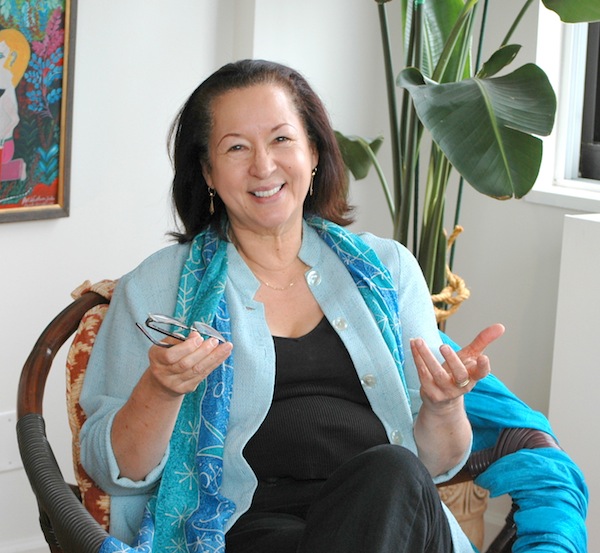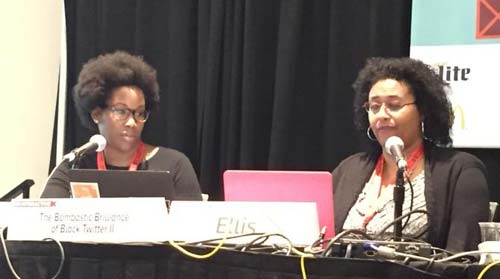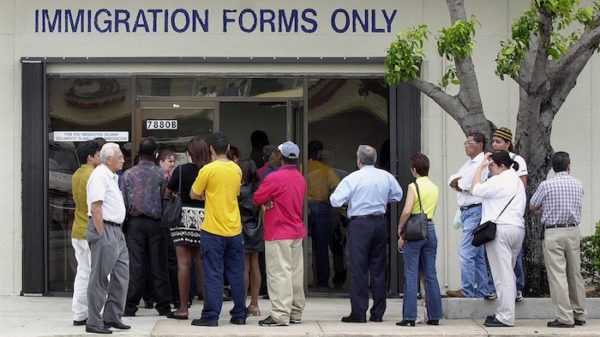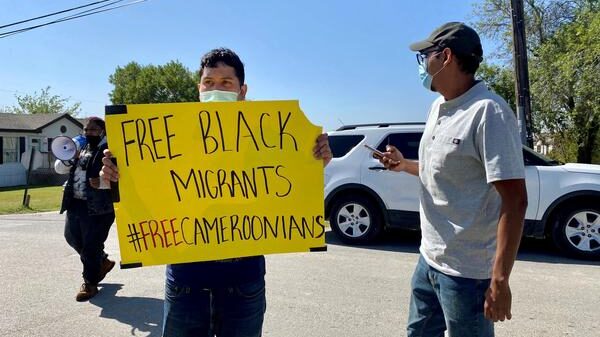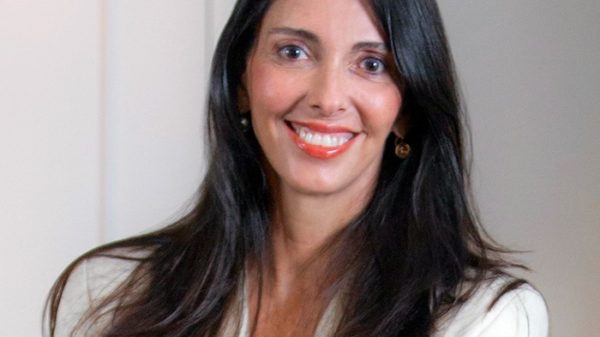In a thought-provoking Ethnic Media Services (EMS) virtual briefing, a panel of experts engaged in a robust discussion on the contentious topics of legacy admissions, affirmative action, and the future of diversity in higher education. The briefing was prompted by a recent lawsuit challenging Harvard’s legacy programs, which grant automatic admission to the children and descendants of alumni. The panel, consisting of litigators Gene Healey, Francisca Fajana, John C. Yang, and Chavez Jones, addressed the concerns surrounding legacy admissions, the impact of the Supreme Court decision on affirmative action, and the next steps in the legal drive for racial equity.
The meeting opened with special remarks from Congresswoman Judy Chu of the 28th Congressional District of California, who emphasized the importance of affirmative action and expressed concerns about the Supreme Court’s decision. She highlighted the need for holistic race-conscious admissions policies that allow all students, regardless of race or ethnicity, to tell the full story of who they are and participate meaningfully in a thriving multi-racial democracy.
Jennifer Chavez Jones, a social counsel of the Lawyers’ Committee for Civil Rights Under Law, emphasized the need for colleges and universities to explore alternative methods of promoting diversity beyond race-conscious admissions. She called attention to various inequalities in the admissions process, including standardized tests, limited access to advanced courses, financial barriers in athletics, and exclusive extracurricular activities. Chavez Jones argued that legacy admissions perpetuate inequities and emphasized the importance of a comprehensive examination of these inequalities to foster true diversity.
Francisca Fajana, Director of Racial Justice Strategy at LatinoJustice, criticized legacy admissions as de facto quotas that primarily benefit individuals who already have advantages. She highlighted the hypocrisy of opposing affirmative action while supporting legacy admissions, which tend to favor white students. Fajana advocated for a broader understanding of merit and urged the consideration of various factors that shape students’ backgrounds and circumstances. She stressed the need to reassess the concept of merit and move away from a narrow definition that perpetuates inequities.
John C. Yang, President and Executive Director of Asian Americans Advancing Justice – AAJC, stressed the importance of acknowledging the limitations of standardized tests and redefining merit in admissions. He argued that relying solely on standardized tests can perpetuate inequities and disadvantage students of color. Yang emphasized the significance of considering students’ experiences, racial and cultural identities, and other factors that shape their achievements and contributions. He highlighted the need for a more comprehensive evaluation of applicants that goes beyond narrow criteria.
Chavez Jones raised concerns about potential repercussions following the Supreme Court decision on affirmative action. She questioned whether universities might become hesitant to implement alternative diversity programs due to fear of legal repercussions and criticism. The panel emphasized the need for institutions to resist fear and continue innovating in pursuit of diversity and inclusivity. They highlighted the importance of universities taking a proactive approach and not allowing legal obstacles to deter them from their commitment to creating diverse and inclusive educational environments.
The panelists also discussed the exception made for military schools in the Supreme Court’s decision, recognizing the importance of diversity within these institutions for national security and leadership positions. They highlighted the broader implications of diversity and the need to consider it beyond the context of specific Supreme Court cases. The panel acknowledged the significance of diversity within military institutions and emphasized the need to ensure inclusivity in all areas of higher education.
The experts disputed the notion that the Supreme Court decision would only affect a small number of top universities. They stressed the importance of diversity across all educational institutions and the need for inclusive representation regardless of institutional prestige. The panelists argued that diversity is a vital component of education that benefits students, institutions, and society as a whole. They emphasized the significance of diverse representation and perspectives in creating inclusive learning environments.
The issue of indigenous representation in higher education was acknowledged, and the panel expressed a commitment to recognizing and addressing disparities faced by indigenous communities. While specific data on indigenous populations’ university degrees was lacking, the panelists acknowledged the importance of understanding and addressing the unique challenges faced by indigenous students and communities in higher education.
Regarding the perception of institutionalized education, the panelists emphasized the need to support and retain students once admitted to universities. They challenged the idea that institutionalized education is obsolete and highlighted the benefits of comprehensive educational experiences. The panelists argued that while certifications and experience have their value, institutionalized education provides a valuable foundation and support system for students to grow and thrive.
The discussion concluded by addressing the complexities of race categorization and the increasing diversity within racial groups. The panelists recognized the challenges but rejected the notion that these complexities render race irrelevant. They emphasized the need to embrace and celebrate diversity, engage in open conversations, and ensure that race remains a significant consideration in creating inclusive educational environments.
As a result of the briefing, the panelists highlighted several outcomes and next steps:
Advocacy for alternative methods of promoting diversity: The panelists emphasized the importance of colleges and universities exploring alternative methods of fostering diversity beyond race-conscious admissions. They called for a comprehensive examination of various inequalities in the admissions process, such as standardized tests, access to advanced courses, financial barriers, and exclusive extracurricular activities.
Reevaluating the concept of merit: The panelists stressed the need to redefine merit and consider a broader spectrum of factors that shape students’ identities and circumstances. They argued that a narrow definition of merit perpetuates inequities and called for a more comprehensive evaluation of applicants.
Resisting fear and continuing innovation: The panelists urged universities not to succumb to fear in the face of potential legal repercussions and criticism. They emphasized the importance of universities taking a proactive approach to promoting diversity and inclusivity and continuing to innovate in pursuit of these goals.
Promoting inclusivity in all educational settings: The panelists highlighted the need for diverse representation across all educational institutions, regardless of institutional prestige. They emphasized that diversity in education extends beyond elite institutions and is a vital component of creating inclusive learning environments.
Addressing disparities faced by Indigenous communities: The panelists expressed a commitment to recognizing and addressing the unique challenges faced by Indigenous students and communities in higher education. They highlighted the importance of collecting specific data on indigenous populations’ university degrees and working towards equitable representation and support for indigenous students.
Supporting and retaining students: The panelists emphasized the need to provide ongoing support and resources to students once they are admitted to universities. They challenged the notion that institutionalized education is obsolete and highlighted the benefits of comprehensive educational experiences.
The EMS briefing provided valuable insights and action-oriented discussions, paving the way for future advocacy and legal efforts to promote diversity, equity, and inclusion in higher education.
#AffirmativeAction #LegacyAdmissions #RacialEquity #HigherEducation #Litigators #Diversity #Lawsuit #SupremeCourtDecision #EducationEquality #InclusiveAdmissions



